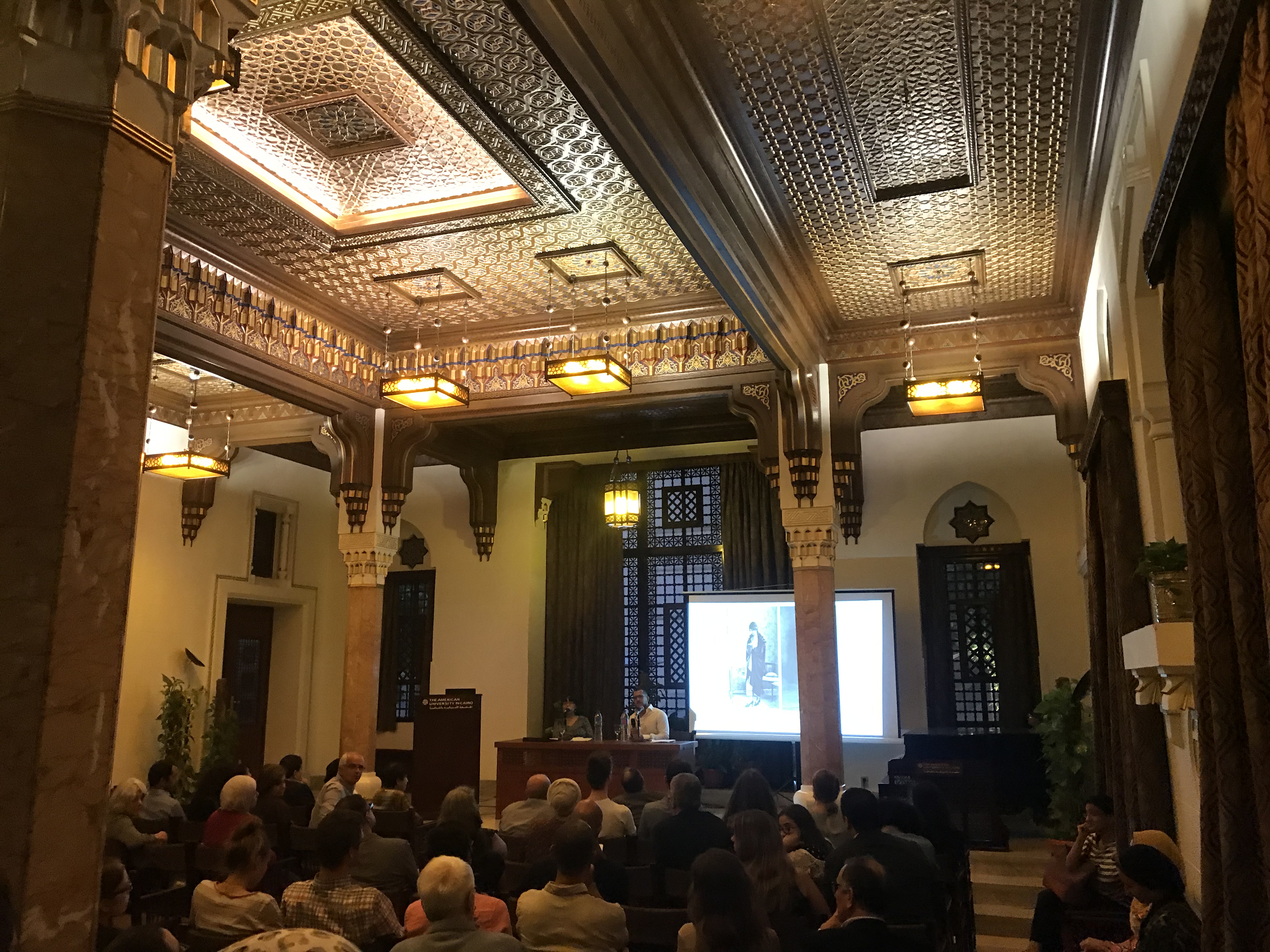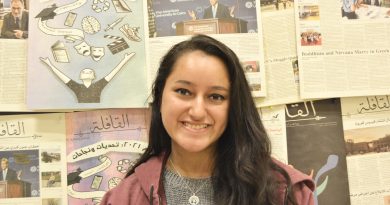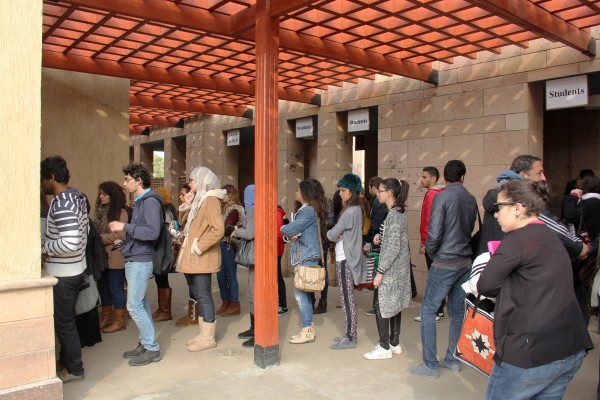Genealogy Predicts: Rebellious Genes May be Dominant Ones
By: Menna Haroun
@MennaHaroun
Digging up stories about someone’s grandfather is interesting, what with donning an Indiana Jones or Zahi Hawass hat and combing through history.
But what if you wanted the ability to go even further back in time to find out the history of his ancestry? That’s where genealogy, the science that connects families with their ancestors, comes in.
It provides them with information about their geographical, ethnic and social origins.
Hussein Omar, assistant professor of Modern Global History at University College Dublin, gave a lecture at Oriental Hall at the Tahrir Campus last week where he talked about the history of his family since 1919 and how it has shaped him into the person he is today.
There are two ways to apply the science of genealogy, he explained, either by a professional or a personal way. In the former, a genealogist will go through registers and civil status to map out the family members’ history – where they lived, their profession, or when they died.
Meanwhile, the personal approach depends on going through the family members’ diaries, letters and stories that have been passed through generations. The latter way was the one Omar decided to use to discover his family timeline.
He started his ancestor search from his great, great grandfather, one of the revolutionaries who protested against British imperialism in Egypt during the 1919 Revolution in Cairo.
The Revolution erupted after the British exiled nationalist politician Saad Zaghlul and his fellow politicians to Malta.
Omar’s whole family has a long line of political activism making it relatively easy to track them through old newspapers and the stories written about them.
One of the members of his family who stood out the most was his great, great-grandmother, Hedyya, Safia Zaghlul’s best friend. Safia Zaglul, Saad Zaglul’s wife who was a renowned political activist in Egyptian political history, and one of the pioneering leaders of the Wafd party.
“Hedyya was 19 in 1919. She was given the name of ‘little soldier’, as she organized boycotts, smuggled pamphlets in laundry baskets, and occasionally beat men who opposed her. Hedyya and Safia were the two first women to join the protests in the streets of Cairo in 1919,” Omar said.
The women in Omar’s family were heroines; however, they were not only being rebellious but also had a strong impact on keeping the family heritage alive. With that in mind, they have always been the storytellers who kept stories memorialized through new generations.
Omar wonders, after his genealogical search, whether the political activism prevalent through his family line is something inheritable.
“My research suggests that each revolutionary generation inspires the actions of the next,” Omar said. He concluded that it might not only be the revolutionary genes that are being passed on, but the ideological and cultural awareness that is being transmitted.
As his search into his family heritage continues, Omar is also writing a book called “City of the Dead” which reveals the story of Egypt and the Mediterranean world from the Ottoman invasion of Egypt in 1517 to the 1960s, through the lives of the members of a single family spanning 500 years.




